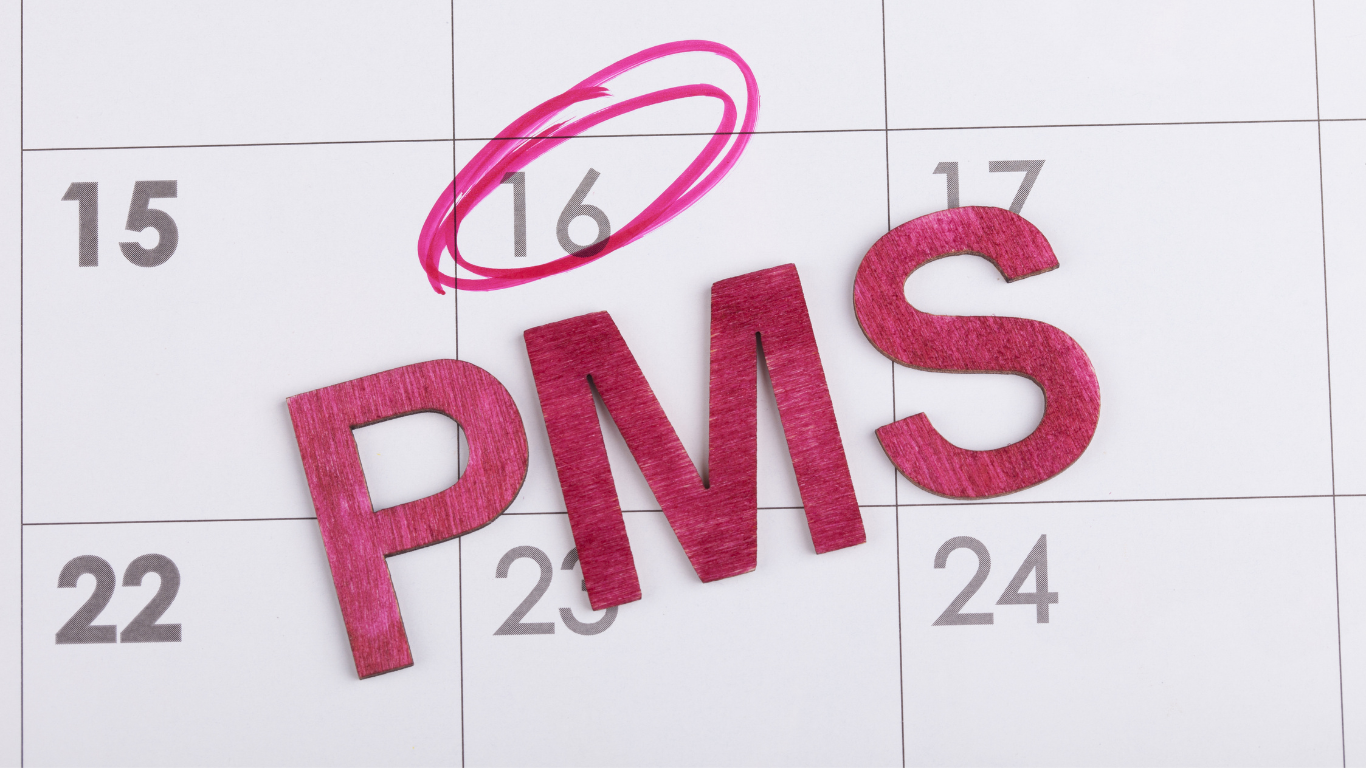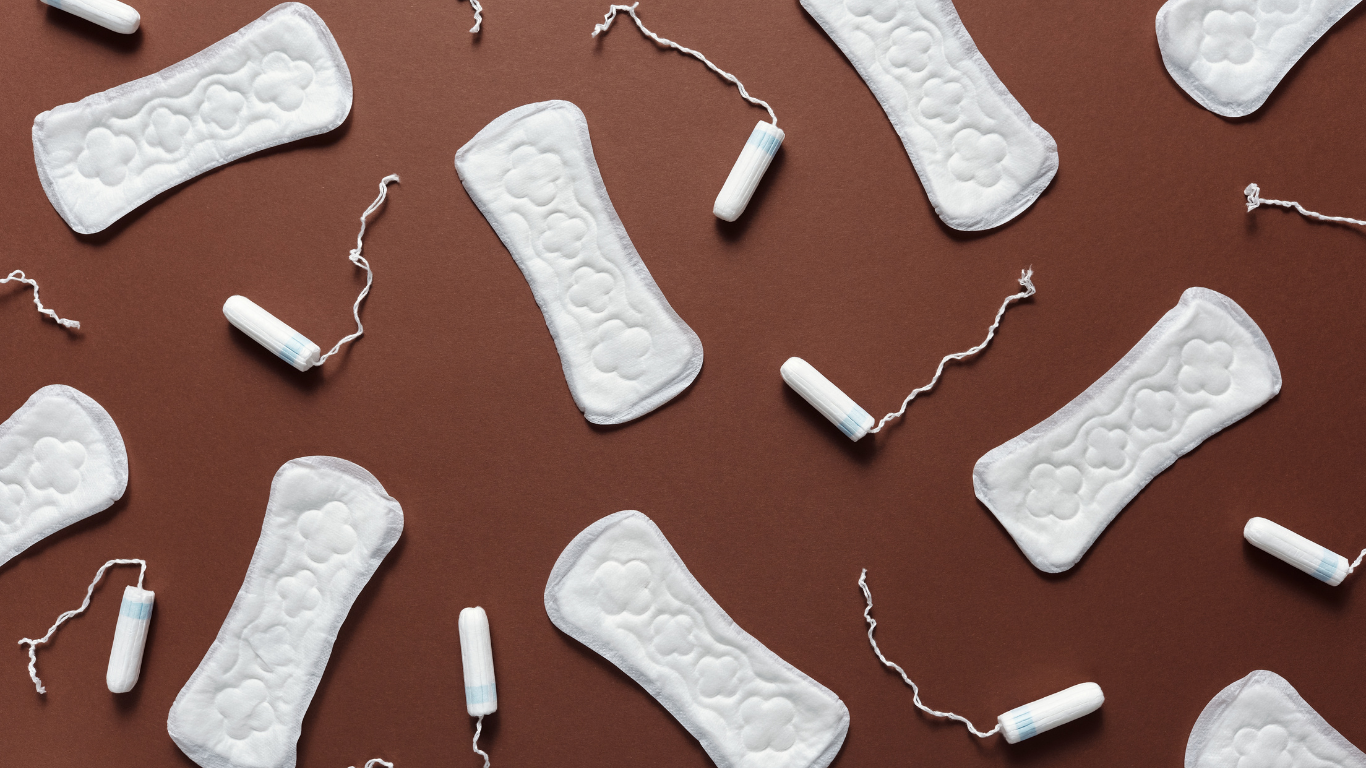
Disclosure: This blog post contains some affiliate links. The author will receive a small commission through some of the highlighted products but this did not influence which products have been recommended. Where discount codes have been provided, the author will not receive benefit as a result of you utilising the code – it’s just a gift for you!
Are you a women in your late 30s or early 40s? If so, you may be asking ‘how do I improve chances of conception?’ Knowing how food can support fertility over 40 can help you on your journey towards conception. Read on to find out more.
Fertility and ovarian reserve
Women are born with a fixed amount of eggs. As we age, fertility naturally declines as the quantity of eggs declines. It used to be thought that 35 was the age at which fertility significantly declines. We now know that the average female reproductive lifespan is actually 37.1 years. This means that conceiving after the age of 35 is still very possible for many people.
As we age our egg quality also naturally declines (1). Although true, this doesn’t mean however that it is impossible to conceive in your late 30s or early 40s. It just means you may need a little bit more help or that to may take a little longer.
For example, after the age of 40, 4 out of every 10 women will conceive within one year. This is compared with 7 out of 10 women aged 30.
Foods for fertility over 40
Trying to conceive later in life is relatively common in recent years. This could be due to focuses such as career and being financially stable. If this is your situation we are here to help. You can make diet, lifestyle and food choices to improve chances of conception. There are foods that support fertility if you are over 40 or in your late 30s.
Improve egg quality and ovarian reserve
When trying to conceive at an older age it is likely you have a lower ovarian reserve. Having more eggs doesn’t necessarily guarantee a successful fertilisation and conception. The quality of the eggs we have is also important and is arguably more important.
Fertilisation is more likely to happen when we have a high quality egg. This is true whether you are going through IVF or conceiving naturally. High quality eggs are more likely to develop into an embryo, implant in the uterus and result in a pregnancy. While we are unable to repair any damaged eggs that doesn’t mean there isn’t anything we can do. Your diet and the foods you choose in the 3 months prior to conception can protect healthy eggs. This promotes egg quality improving your chances of conception.
Oxidative stress influences egg quality. As we age oxidative damage in our cells accumulates, leading to increased reactive oxygen species in the immature eggs (2). A low intake of antioxidants plus a high level of oxidative stress is associated with infertility.
Fertility supporting foods
The following foods can help support your egg quality, ovarian reserve and fertility over 40.
- Dark green leafy vegetables – bursting with folate
Folate is the natural version of vitamin B9. It is an antioxidant which is important for promoting egg quality, egg maturation and embryo implantation (3). Eating higher amounts of folate through food and supplements is related to a higher ovarian reserve. This supports fertility outcomes at an older age.
These are the perfect food for fertility over 40 as it supports egg quality and ovarian reserve.
- Salmon – the best source of omega-3 fatty acids
Omega 3 fatty acids have antioxidant and anti-inflammatory properties. This allows them to improve egg quality in older females, prolonging the female reproductive lifespan (7). They may also have a beneficial effect on ovarian reserve which is a win win.
- Consume 5+ portions of fruit and vegetables per day – rich in antioxidants
Fruit and vegetables are rich sources of antioxidants. Incorporate a variety of different colours and eat at least 5 portions per day to reap their benefits. The contain vitamins C and E which can help protect eggs from free radicals and improve quality (8,9). This may compensate for some of the decline in aging eggs. People who lose ovarian function before the age of 40 often have higher levels of damage by oxidative stress.
Selenium is another antioxidant which supports a healthy environment for egg production. This is key when we have a lower ovarian reserve.
Check out our blogs for more details on how to improve egg quality and foods to increase AMH levels (a marker of ovarian reserve)
Supplements for fertility over 40
These are some of the supplements often recommended in our clinical work with clients trying to conceive over 40. They’re not a replacement for a nutrient-rich diet, but they can provide valuable support when used alongside the right food and lifestyle changes.
- Coenzyme Q10
A decrease in coenzyme Q10 levels correlates with the age related decline in fertility (10). It is an antioxidant and taking a 200mg supplement supports egg quality in women over 35 years of age (11). Coenzyme Q10 can be bought in two forms, ubiquinol is the activated form which is considered more effective than ubiquinone. Our top recommendation includes:
Kaneka Ubiquinol : A premium CoQ10 supplement delivering 200mg per day of Kaneka Ubiquinol; the body-ready, active form of CoQ10.
MicroCell CoQ10 : A high-strength supplement delivering 200mg of ubiquinone, the standard form of CoQ10.
- Prenatal supplement
Take a prenatal that contains a range of antioxidants plus 400mcg of folic acid/folate to help support our ovarian reserve. This supports your nutrient intake alongside the foods for fertility over 40. Our top recommendations includes:
Proceive Max Women : A comprehensive prenatal formula with higher levels of antioxidants and key fertility nutrients. Often recommended in our clinic for women over 35 looking for additional nutritional support. DietitianRo15 discount code for 15% off
Pregnacare Max : A good all-arounder, it contains methylfolate and omega-3 fatty acids, offering a comprehensive 2-in-1 solution.
These recommendations are based on typical client needs we see in clinic, but we always suggest a 1:1 consultation for personalised advice. What works best can vary depending on your individual medical history, diet, and fertility journey.
For more supplement options tailored to fertility, check out our Best Fertility Supplements for Women guide, which covers top prenatal vitamins and nutrients.
In Summary
Considering the above elements can help you to optimise your diet for fertility. It can improve your chances of conception naturally or if undergoing fertility treatment. Our guide to improving egg quality can help you to incorporate the above recommendations and more for supporting egg quality and ovarian reserve. It comes with a 2 week fertility meal plan.
This article was written by the Fertility Dietitian UK content team and reviewed by Ro Huntriss MSc RD, Consultant Dietitian and Founder of Fertility Dietitian UK.
Last reviewed: July 2025



